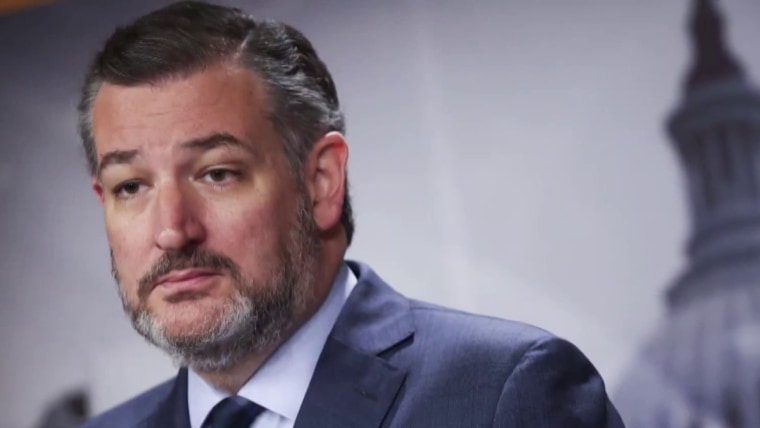For practically 50 percent a century, the Supreme Courtroom has assisted even more assurance that income drives politics. A candidate’s prosperity and fundraising prowess support determine who operates and who wins. Thriving candidates who turn out to be officeholders must then both hop on an limitless fundraising treadmill to acquire re-election, self-fund their campaigns or both of those. In a conclusion unveiled Monday, the court held likely its pattern of favoring moneyed pursuits, allowing for candidates who want to lend them selves substantial sums of income and repay individuals loans with money lifted immediately after the election.
In the zero-sum sport of politics, this is a decline for the general public.
In the zero-sum game of politics, this is a loss for the public. The six-member conservative greater part of the courtroom dominated in favor of Sen. Ted Cruz, R-Texas, and struck down a part of our election regulations that discounts with how much candidates can financial loan their strategies and however be repaid for individuals loans.
In 2018, Ted Cruz loaned his marketing campaign $260,000 with the unique intent of complicated a regulation that restricted how and when he could pay back himself back again for that personal loan. The legislation reported candidates could use $250,000 in marketing campaign funds lifted just after the election to repay them selves.
Cruz’s campaign repaid his particular loans totaling $250,000. Underneath the federal regulation that the Supreme Courtroom just designed defunct, the remaining $10,000 that Cruz loaned to his campaign would have to be counted as a campaign contribution. Cruz sued, claiming that his inability to use a lot more than a quarter million pounds of marketing campaign resources lifted soon after the election violated his Initial Modification rights. And the court docket agreed.
Our reps do not symbolize us, at least in terms of wealth. Far more than half the customers of Congress are millionaires, but much less than 10 % of Americans are. Neither is it the circumstance that people who donate to lawmakers are a representative group of Us residents. Much less than 2 % of People in america give $200 or much more to federal strategies. Rich people today need to definitely operate for office and rich individuals really should absolutely be in a position to expend income to elect the candidates of their deciding on, but not to the detriment of the rest of the community. It’s popular sense to believe that candidates and officeholders will be a lot more responsive to individuals donors who can enable them get and continue to keep their positions.
It did not have to be this way. Revenue presented and spent in politics should be topic to reasonable restrictions, but in 1976, in what may possibly be 1 of the most disastrous conclusions for our democracy, the Supreme Court dominated that dollars specified and invested in politics is speech. This signifies that every single time we try to restrict campaign contributions or expenses, we must consider individuals restrictions as if we were restricting speech alone.
Many thanks to a sequence of faulty rulings by the Supreme Courtroom, our nation’s campaign finance method is a shadow of what it should really be. People today, teams and even companies can expend endless sums of cash to elect or defeat candidates. In spite of a complicated community of rules and rules, the two constraints which nevertheless stand, for now, involve transparency prerequisites and restrictions to applicant campaigns.
On Monday, the Supreme Courtroom invalidated just one of the safeguards remaining in our marketing campaign finance method.
In Cruz’s case, the court’s conservative the greater part anxious about the Initial Amendment rights of the candidate who wishes to mortgage his marketing campaign a lot more than $250,000 and make guaranteed that his donors will go over the bank loan. The bulk also said because the federal government could not point to any scenarios of “quid professional quo corruption” that the rule guarded towards, there was no legally justifiable rationale for the restriction.
To put this in its most fundamental phrases, there are particular hazards of corruption, or at minimum its appearance, when officeholders are elevating resources right after the election to repay on their own. But that was not sufficient for this court. This is however one more turn on the court’s regular march to fully unravel our nation’s marketing campaign finance system.
In politics, as in lifestyle, appearances subject. And even if the federal government just can’t issue to specific occasions of quid pro quo corruption, which is effectively bribery, the community will rationally be concerned that it truly is existing. This is undesirable for all of us in a consultant democracy, which fundamentally relies upon on our faith in the strategy that public servants serve all of us, not just the millionaire class who can give them sizeable sums of funds soon after an election is in excess of.





